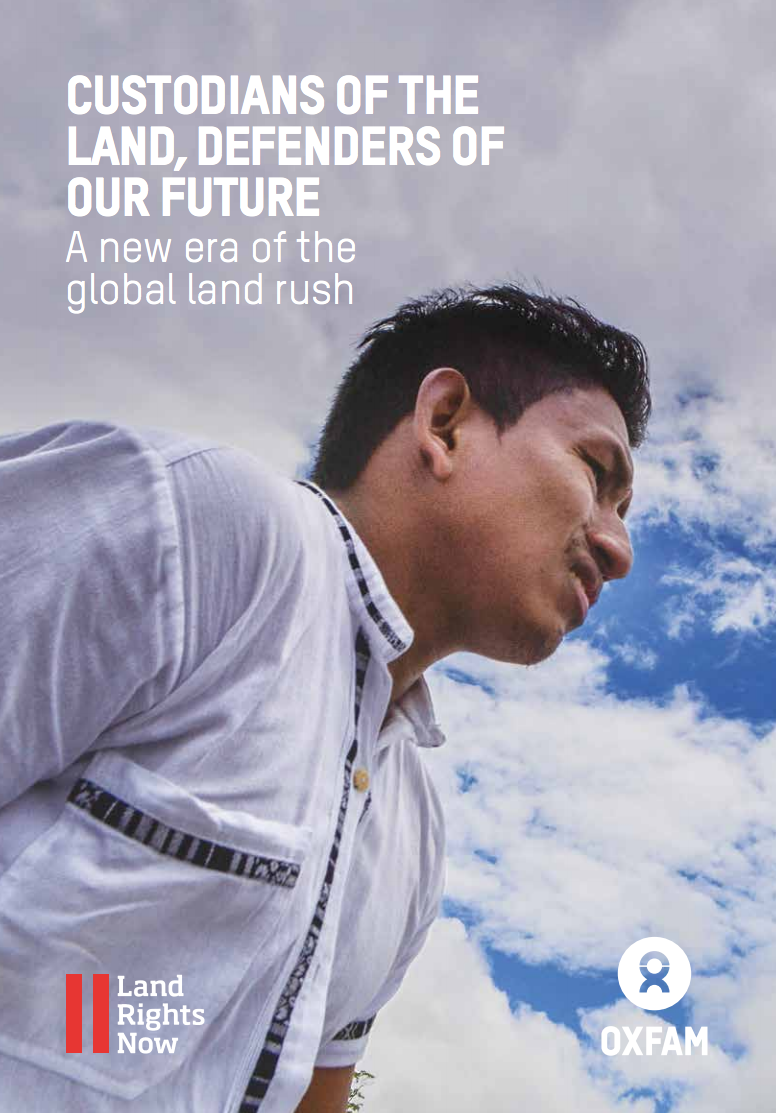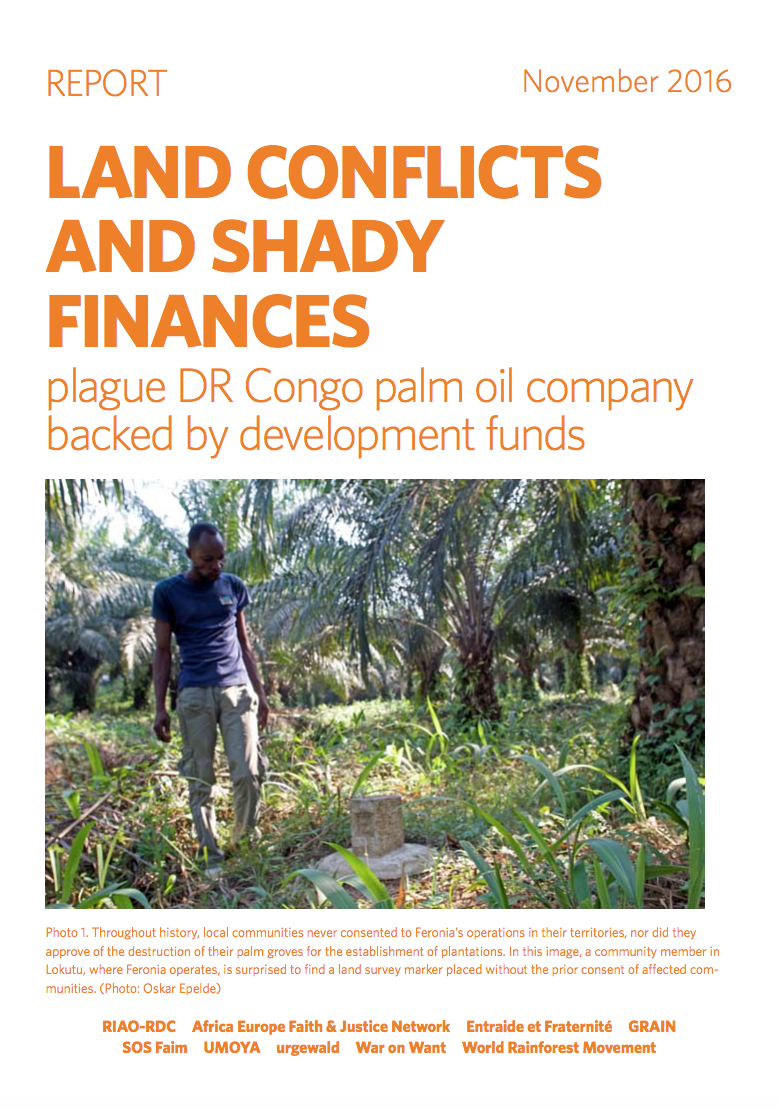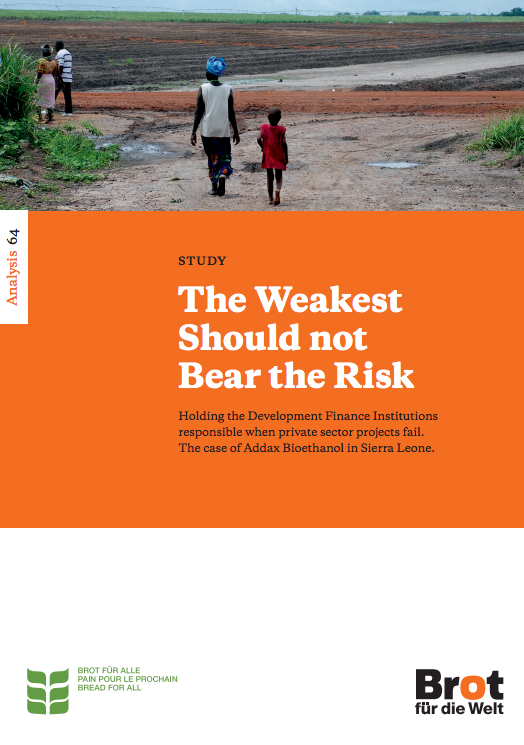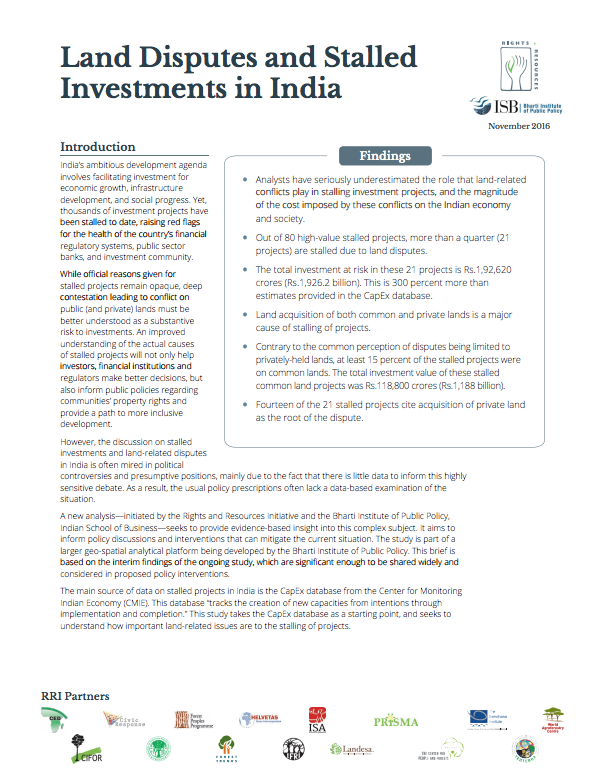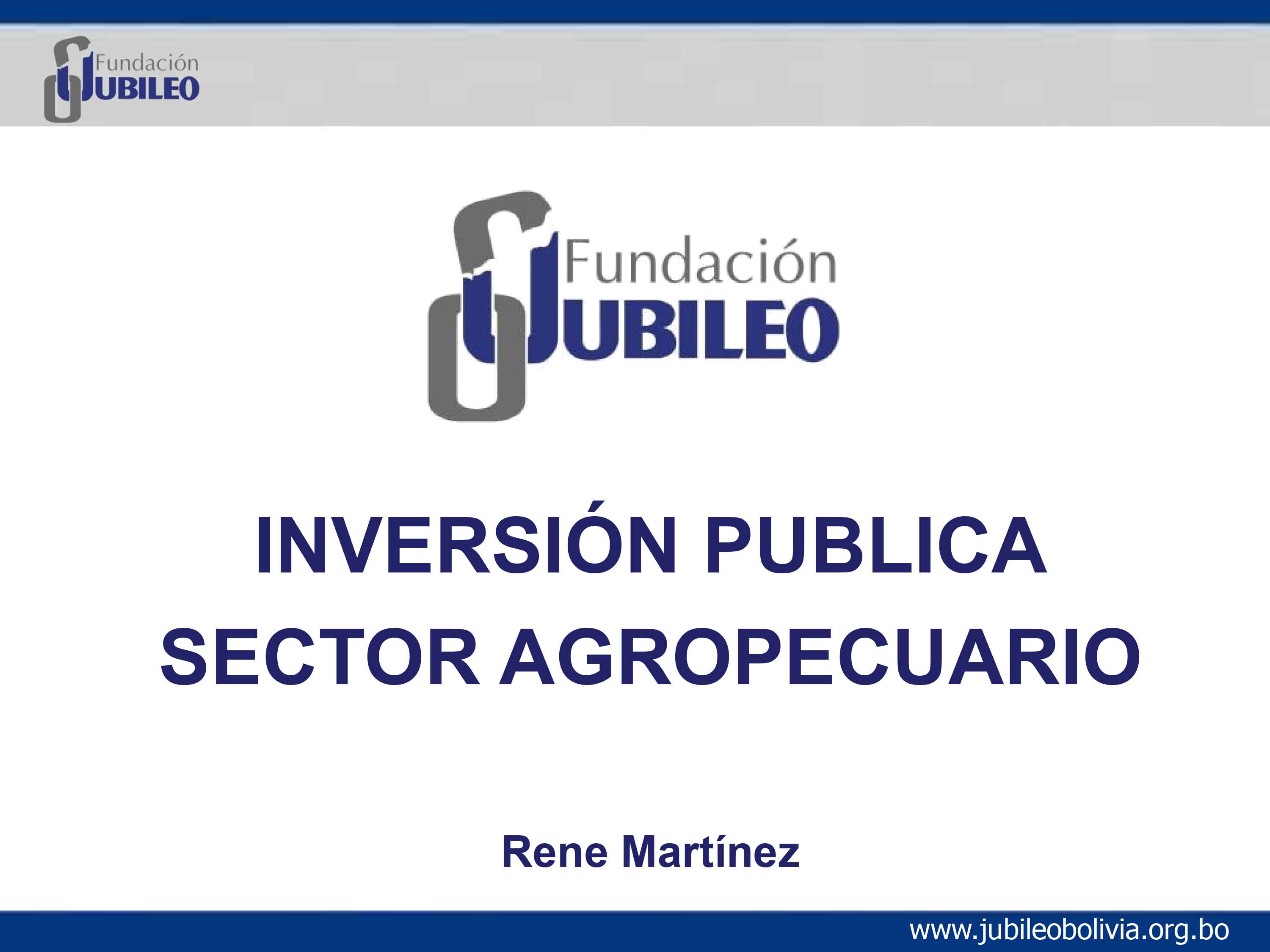Custodians of the land, defenders of our future
Since 2009, Oxfam and others have been raising the alarm about a great global land rush. Millions of hectares of land have been acquired by investors to meet rising demand for food and biofuels, or for speculation. This often happens at the expense of those who need the land most and are best placed to protect it: farmers, pastoralists, forest-dependent people, fisherfolk, and indigenous peoples.

